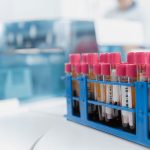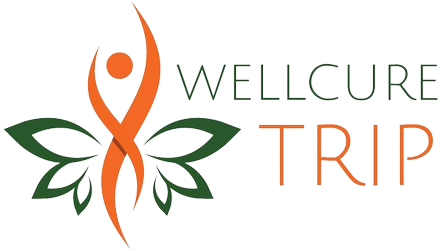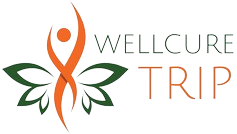Medical Tourism safety and security protocols are crucial for ensuring a safe and smooth experience for patients traveling for medical care. As a reputable medical tourism company WellcureTrip assures comprehensive measures to address safety and security concerns. Here’s an overview of the typical protocols which Wellcure trip Implements :
1. Pre-Travel Safety Measures:
- Risk Assessment: Conduct a thorough risk assessment based on your health condition and travel destination. This includes evaluating potential health risks, safety concerns, and local conditions.
- Health Advisory: Provide travel health advisories specific to your destination, including information on vaccinations, local diseases, and health precautions.
- Emergency Contacts: Share a list of local emergency contacts, including hospitals, clinics, and the nearest embassy or consulate.
2. Travel and Accommodation Safety:
- Safe Travel Arrangements: Ensure that travel arrangements, including flights and transfers, are secure and reliable. Collaborate with reputable travel agencies and transport providers.
- Accommodation Security: Choose accommodations that meet safety standards and have security measures in place, such as secure entry systems and on-site staff.
- Pre-Arrival Information: Provide detailed information about the destination, including safety tips, local customs, and emergency procedures.
3. On-Site Safety and Security:
- Local Coordinators: Assign local coordinators or representatives who are familiar with the area and can assist with any safety or security issues.
- Transport Security: Arrange safe and reliable transportation for patients between the accommodation and medical facilities.
- Secure Facilities: Ensure that medical facilities are accredited and adhere to international safety and hygiene standards.
4. Medical and Health Safety:
- Accreditation Verification: Verify that the hospitals and clinics you’ll be visiting are accredited by recognized international bodies and meet high standards of care.
- Health Monitoring: Monitor your health status before, during, and after treatment to ensure that any issues are promptly addressed.
- Emergency Protocols: Develop clear protocols for handling medical emergencies, including immediate access to local emergency services and communication with your healthcare provider.
5. Personal Safety and Security:
- Cultural Sensitivity: Educate you about local customs and practices to help you navigate cultural differences and avoid misunderstandings.
- Personal Safety Tips: Provide guidance on personal safety, including precautions to take in public spaces and how to avoid common scams or theft.
- 24/7 Support: Offer 24/7 support and emergency assistance to address any safety or security concerns that arise during your trip.
6. Data Privacy and Security:
- Confidentiality: Ensure that your personal and medical information is handled with strict confidentiality and complies with data protection regulations.
- Secure Communication: Use secure methods for communication and data transfer to protect your sensitive information.
7. Post-Travel Support:
- Follow-Up Care: Coordinate with local healthcare providers to ensure a smooth transition back to your home country and address any post-treatment concerns.
- Feedback and Evaluation: Request feedback on your experience to continually improve safety and security protocols and address any issues that may arise.
8. Insurance and Financial Protection:
- Travel Insurance: Recommend or assist in obtaining comprehensive travel insurance that covers health care, trip cancellations, and emergency evacuations.
- Financial Safeguards: Ensure that you are aware of and protected against potential financial risks, including understanding the cost implications of your treatment and any additional expenses.
By implementing these safety and security protocols, a medical tourism company can help ensure a safe, secure, and positive experience for patients traveling for medical care. If you have specific concerns or need further details about safety measures, feel free to ask!





